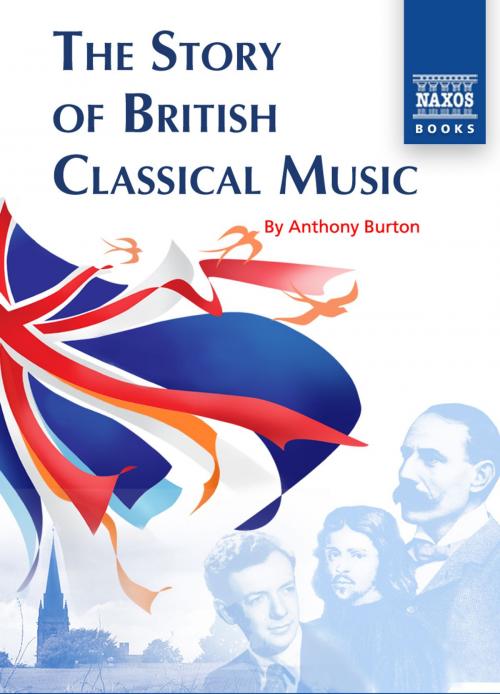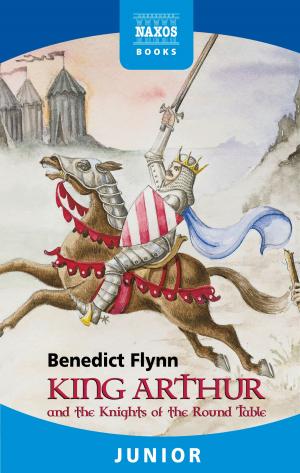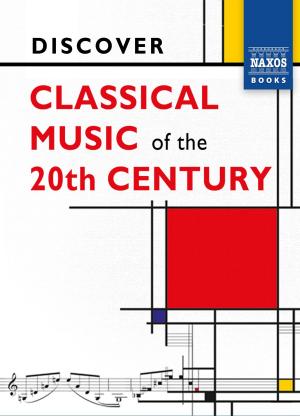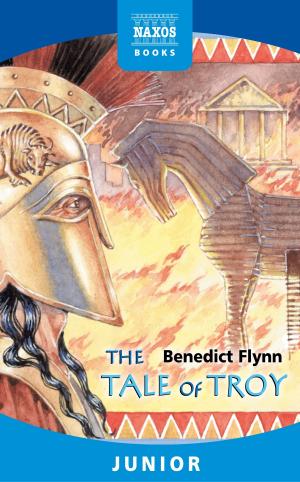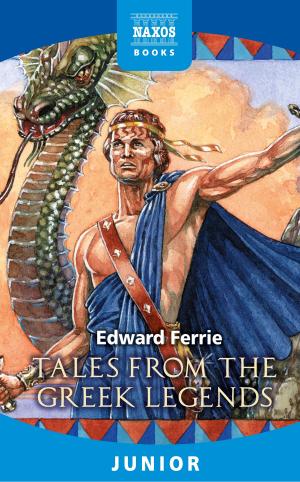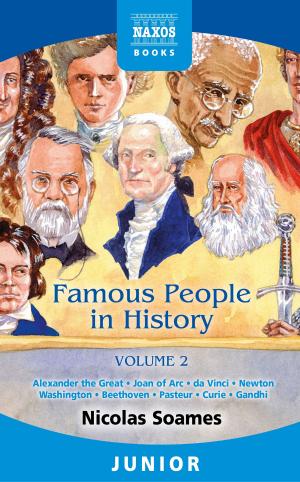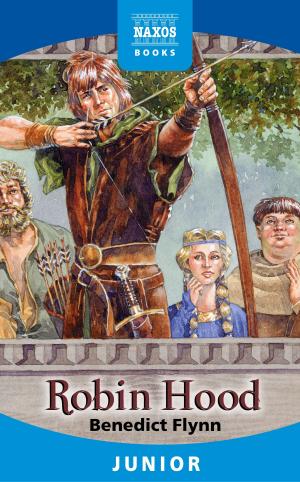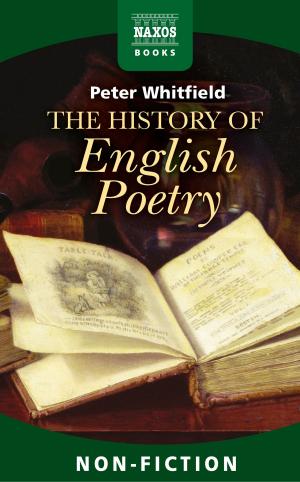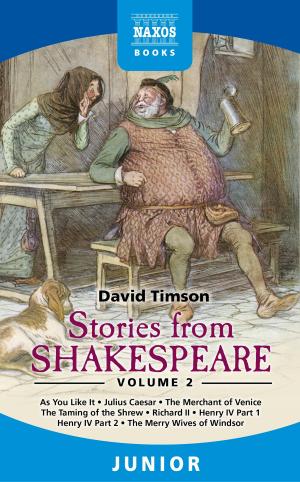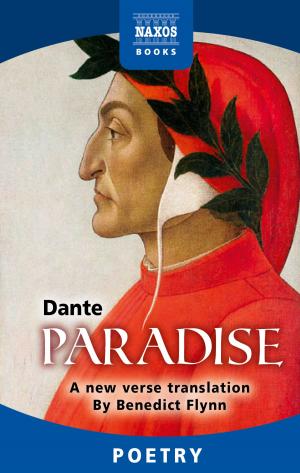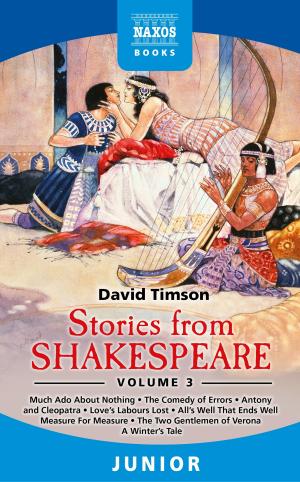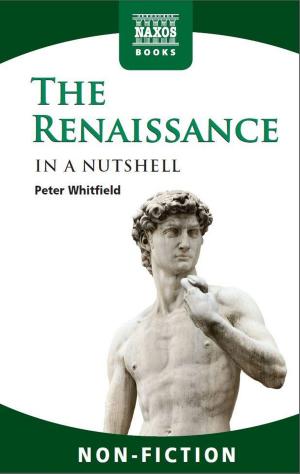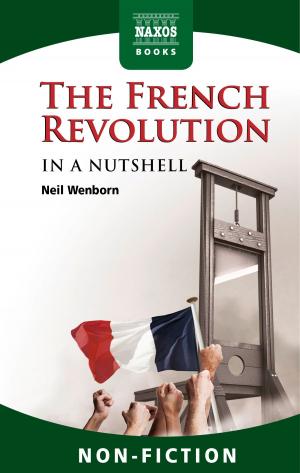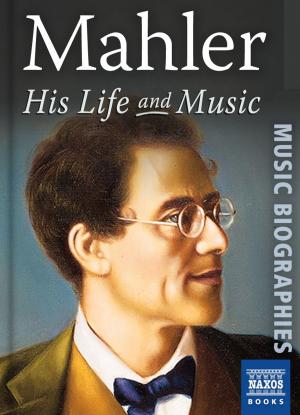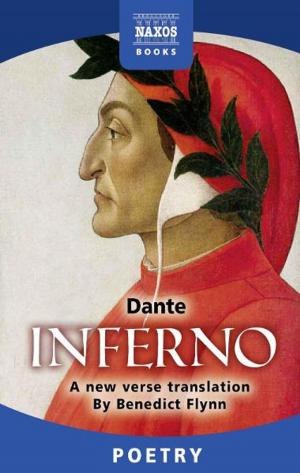The Story of British Classical Music
Nonfiction, Entertainment, Music, Instruments & Instruction, Instruction & Study, Theory & Criticism| Author: | Anthony Burton | ISBN: | 9781843793038 |
| Publisher: | Naxos Books | Publication: | April 1, 2013 |
| Imprint: | Language: | English |
| Author: | Anthony Burton |
| ISBN: | 9781843793038 |
| Publisher: | Naxos Books |
| Publication: | April 1, 2013 |
| Imprint: | |
| Language: | English |
The story of British classical music extends over more than a thousand years. A distinctive national tone was identifiable already in medieval times, and in the fifteenth century Dunstable was a leading international figure. The Renaissance saw the emergence of great composers such as Tallis, Byrd and Gibbons, and the seventeenth century was lit up by the brief but brilliant career of Purcell. After a long period dominated by composers from abroad, British creativity reasserted itself once more on the world stage, with Elgar and Vaughan Williams. Their successors, Britten and Tippett, opened the way for the crowded and diverse scene of the present day. British writer and broadcaster Anthony Burton traces this history in an informative e-text.
The story of British classical music extends over more than a thousand years. A distinctive national tone was identifiable already in medieval times, and in the fifteenth century Dunstable was a leading international figure. The Renaissance saw the emergence of great composers such as Tallis, Byrd and Gibbons, and the seventeenth century was lit up by the brief but brilliant career of Purcell. After a long period dominated by composers from abroad, British creativity reasserted itself once more on the world stage, with Elgar and Vaughan Williams. Their successors, Britten and Tippett, opened the way for the crowded and diverse scene of the present day. British writer and broadcaster Anthony Burton traces this history in an informative e-text.
